2017’s Top 10 World News Stories
2018-01-03
Belt and Road Forum Sets Sail for Globalization 2.0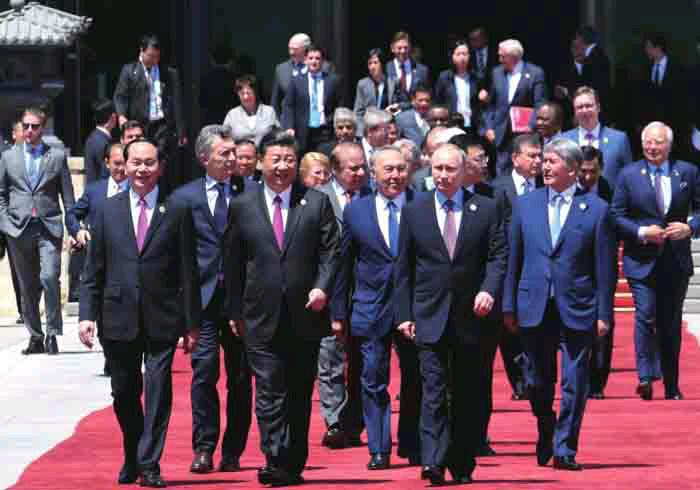
The first Belt and Road Forum for International Cooperation was held from May 14 to 15 in Beijing, with the signing of a series of cooperation agreements. The Belt and Road Initiative, proposed by Chinese President Xi Jinping, comprises the Silk Road Economic Belt and the 21st-Century Maritime Silk Road and aims to build trade and infrastructure networks connecting Asia with Europe and Africa on and beyond the ancient Silk Road routes. In addition, it seeks to promote the common development of the international community based on the principles of policy coordination and inclusive cooperation.
Different from the West-dominated globalization drive, which features transnational corporations business expansion globally, the Belt and Road Initiative is creating a new type of globalization characterized by common development.
The BRF had a wide participation with attendance by 29 foreign heads of state and government, chiefs of international organizations, as well as highlevel representatives from over 130 countries. When the world is still searching for fresh momentum to shore up the sluggish economic recovery, China offers its solutions to promote inclusive growth.
Exchange of Visits by Chinese and U.S. Presidents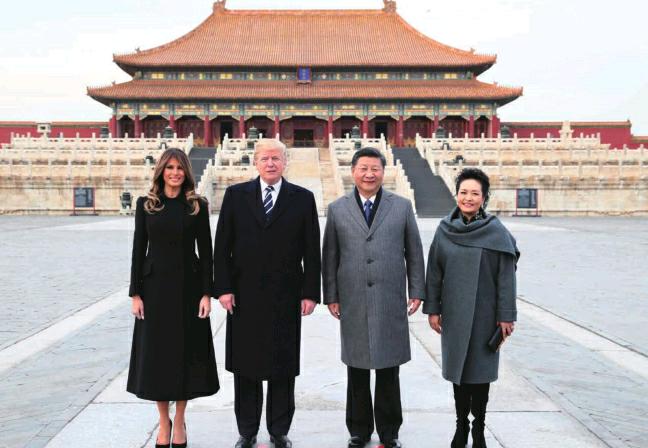
Chinese President Xi Jinping visited the United States from April 6 to 7 and had talks with his U.S. counterpart Donald Trump at the Mar-aLago resort in Florida. During the visit, the two sides exchanged views on key areas of bilateral cooperation as well as global and regional issues of common concern and decided to establish a four-pronged high-level dialogue mechanism comprising the comprehensive economic dialogue, diplomatic and security dialogue, law enforcement and cybersecurity dialogue, and the social and cultural issues dialogue.
From November 8 to 9, President Trump paid a state visit to China. Xi and Trump reached multiple important consensuses on the development of China-U.S. relations in the new era. As the worlds top two economies, and despite having different views on certain issues, the exchange of visits by the two presidents within the year set a constructive tone for the development of this bilateral relationship and charted the course for future cooperation.
Victory Over ISIS
Since the beginning of 2017, the influence of extremist group “Islamic State” (ISIS) began to decline in the Middle East. The Syrian and Iraqi military regained control of major cities captured by ISIS, such as Palmyra, Mosul and Raqqah. On November 21, both Iraqi Prime Minister Haider al-Abadi and Iranian President Hassan Rouhani declared ISIS had been defeated from a military perspective. On December 7, the Russian Government announced that all Syrian cities had been liberated from ISIS extremist forces, and the Russian military, having completed its anti-terrorist mission, would withdraw from Syria. Two days later, the Iraqi military also declared that it had liberated all its territories that had been controlled by ISIS.
However, the victory over ISIS in Syria and Iraq doesnt mean the complete collapse of this radical group, because the breeding ground for likewise extremist activities has not been eradicated. Some of the ISIS remnants are allegedly plotting attacks around the world, forming threats to global security. It takes concerted efforts and concrete plans from the international community to protect the people from potential attacks.
Crisis Looms Large in Korean Peninsula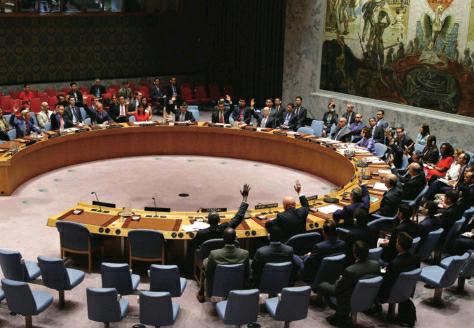
From April to November, the Democratic Peoples Republic of Korea(DPRK) conducted several nuclear and ballistic missile tests, triggering tensions in the region. On September 3, the DPRK announced it had successfully tested a hydrogen bomb again.
Meanwhile, the United States and the Republic of Korea (ROK) speeded up their deployment of the Terminal High Altitude Area Defense (THAAD) system on the Korean Peninsula and upgraded their existing joint military drills. In mid-November, three U.S. aircraft carriers, the USS Ronald Reagan, the USS Theodore Roosevelt and the USS Nimitz, each leading a strike group that includes Aegis destroyers, took part in a rare military exercise in the Western Pacific not seen in a decade. The increasingly intensified situation on the peninsula seriously undermines regional security.
Brexit Process Accelerated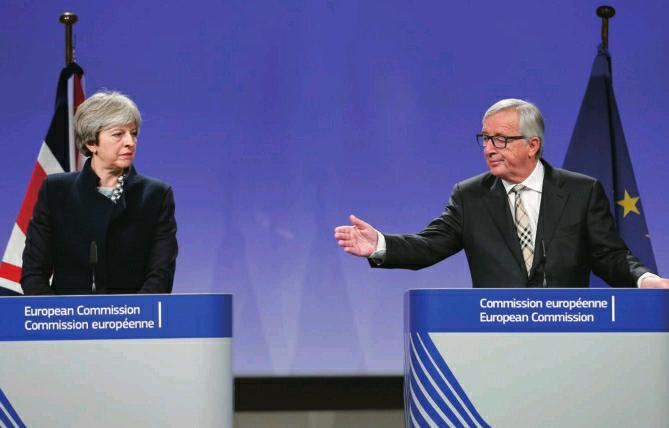
On March 29, the British Government triggered Article 50 of the Lisbon Treaty as Prime Minister Theresa May sent a signed letter to EU leaders to kick-start negotiations for a new working relationship between London and Brussels. It marks the official start of the historic process for Britain to leave the EU. The move came 44 years after Britain first joined the EU, and just nine months after a national referendum in Britain in which 52 percent of voters chose Brexit.
The two sides initiated the process on June 19. And after six rounds of tough negotiation, a consensus was reached on their core concerns. The negotiation then entered its second phase. Pursuant to the EU laws, the Brexit negotiation should be finished before March 29, 2019. Within the coming 16 months, there are still some thorny problems for the two sides to overcome jointly. However, Brexit has already split British society and added uncertainty to the future development of the EU, out of concerns that other nations might follow suit.
The Maverick Policies of Donald Trump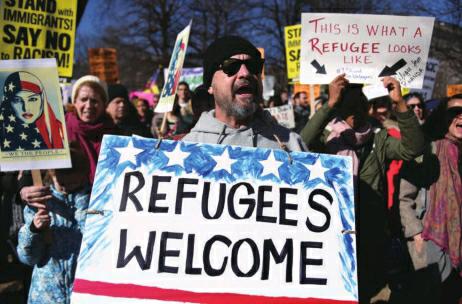
Since Donald Trump took office as U.S. president in January, he has adopted a series of unconventional policies out of his “America first”foreign policy approach.
Three days after being elected, Trump announced the withdrawal of the U.S. from the U.S.-dominated Trans-Pacific Partnership. Despite wide criticism at home and abroad, the Trump administration quit the Paris climate agreement on June 1. On October 12, the U.S. withdrew from the United Nations Educational, Scientific and Cultural Organization by claiming that there is “continuing anti-Israel bias” at the organization. On December 2, Trump withdrew the U.S. from the United Nations Global Compact on Migration, declaring it undermines the nations interests. On December 5, Trump announced that the United States formally recognizes Jerusalem as the capital of Israel, eliciting widespread protests around the globe.
The above series of policy changes demonstrate the Trump administrations isolationist and assertive attitude in world affairs, which has brought new challenges to global governance.
Frequent Lone Wolf and Organized Terror Attacks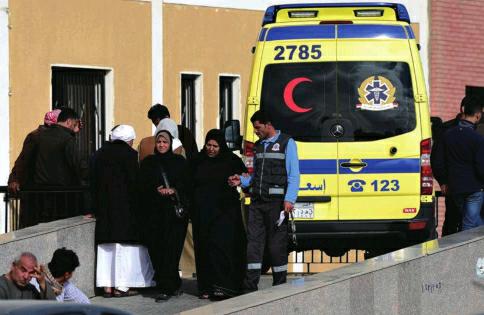
The world in 2017 was rife with terror attacks, right from the outset. On January 1, a gunman attacked a nightclub in Turkeys Istanbul, killing 39 people taking part in the 2017 New Years Eve celebrations. Terror attacks then took place throughout the year in Canada, the United States, France, Sweden, Russia, Germany, Spain and countries in the Middle East, Africa and South Asia.
In some of the worst attacks, on October 1, a gun shooting in Las Vegas in the United States took 58 lives. On October 14, a heavy blast in a crowded area caused by a truck bombing in the capital of Somalia, Mogadishu, left 512 killed and more than 316 injured—the deadliest attack of the year. On November 24, the al-Rawda mosque in Egypts North Sinai was attacked by up to 40 gunmen, causing 311 deaths and injuries to at least 122, making it the worst attack in Egyptian history. The series of attacks require the international community to seriously rethink their security policies.
Discovery of Gravitational Waves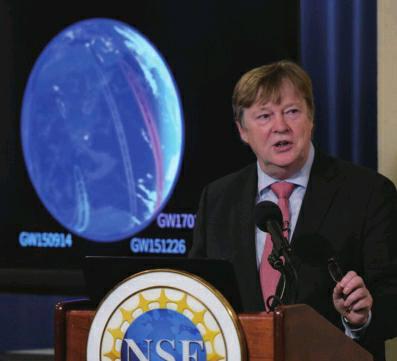
On October 16, scientists from several countries announced separately observation of the “optical counterpart” of gravitational waves coming from the merger of two binary neutron stars. The gravitational waves were first discovered by the U.S.-based Laser Interferometer Gravitational-Wave Observatory two years ago on September 14.
The discovery marks the climax of speculation by Albert Einstein a century ago and the beginning of a new era for astronomy. Following the discovery, more and more secrets to the universe are expected to be uncovered.
Qatar Diplomatic Crisis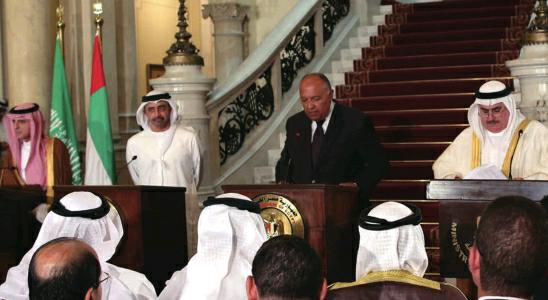
In June, several countries abruptly cut off diplomatic ties with Qatar. These countries included Saudi Arabia, United Arab Emirates (UAE), Bahrain, Egypt, Mauritius, Mauritania, the Maldives and Libya. The severing of relations included closing borders, withdrawing ambassadors as well as imposing trade and travel bans.
Tensions between Qatar and the above-mentioned Arab countries have escalated in recent years as part of a tussle for regional leadership between Qatar and Saudi Arabia. Qatar has allegedly backed Islamist movements in the Middle East in the wake of the Arab Spring uprisings in 2011 to the chagrin of Saudi Arabia and the UAE in particular. Qatars improved relationship with Iran was also criticized by these countries, as Tehran is regarded as the arch-enemy of Saudi Arabia. The diplomatic crisis has split the Gulf Cooperation Council and will also affect the regional stability in the long run.
Resignation of Zimbabwean President Mugabe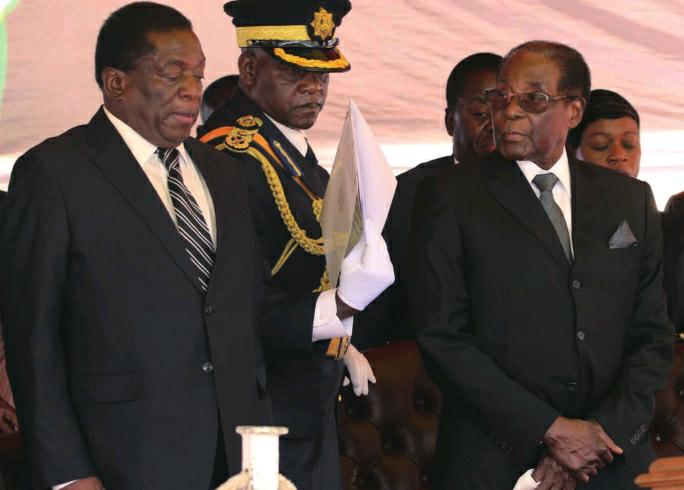
Zimbabwean President Robert Mugabe resigned on November 21, ending almost four decades of near total dominance of the countrys political landscape. Mugabes decision was made after weeks of political crisis within the country after he sacked Emmerson Mnangagwa as vice president in early November. This led to the nations military stepping in to take control of the government on November 15. Four days later, Zimbabwes ruling ZANU-PF party removed Mugabe from his position as party leader and asked for his resignation as president.
After Mugabes resignation, Mnangagwa was sworn in as the second president of Zimbabwe since independence. The new leadership is expected to provide new opportunities for the country to reform its rigid economic system so as to achieve economic and social progress.
